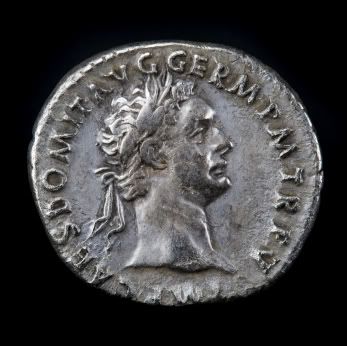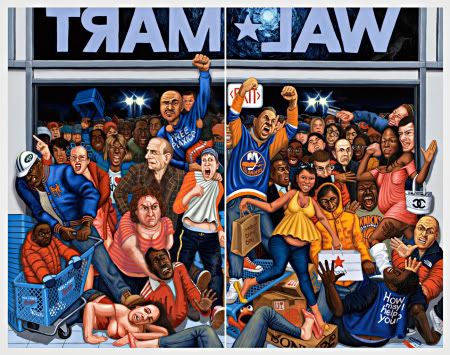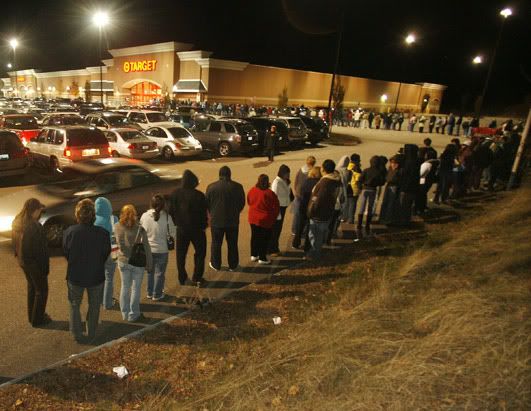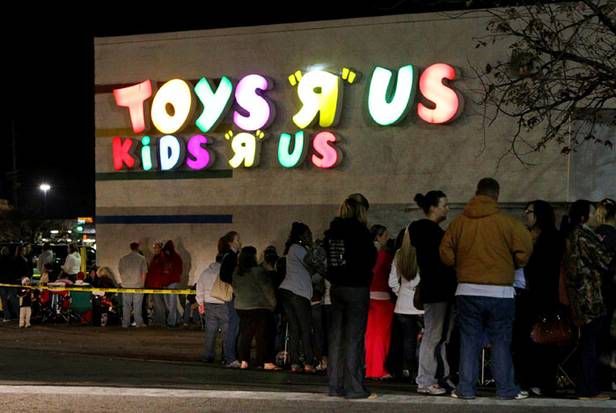Orthodox scientists and academics like to imply that people who believe in the paranormal are lightweight thinkers. In a paper in the
Handbook for Teaching Introductory Psychology, Wayne S. Messer and Richard A. Griggs of the University of Florida
say:
Several researchers have found a relation between paranormal belief and reasoning deficiencies. Alcock and Otis (1980) reported that, compared to skeptics, believers showed a relative lack of ability to evaluate evidence and a tendency to be more dogmatic in their approach to new situations. Blackmore and Troscianko (1985) observed greater shortcomings in probability judgments among believers, including the consistent underestimation of the likelihood of chance events. Wierzbicki (1985) found that believers performed less well on a syllogistic reasoning test ...
The authors of the paper conclude that psychology lectures "can be reworked to provide examples of faulty critical thinking ... . We believe that such efforts would lead to greater skepticism about paranormal claims and to more critical assessments of scientific, consumer and other claims. ... Paraphenomena provide natural subject matter for exercises to develop these skills in the introductory psychology class. By taking this approach, psychology teachers may also help to decrease student belief in paraphenomena."
I don't have access to the publications cited, so I can't comment on the methods used to determine that believers in paranormal phenomena are more dogmatic and unable to properly evaluate evidence, make accurate probability judgments, or perform syllogistic reasoning. Messer and Griggs take it for granted that "critical thinking" equals rejection of the paranormal, and that it is the job of teachers to reduce student belief in it. Dogmatic? Who, them?
Michael Shermer, in an
excerpt from his book Why Smart People Believe Weird Things, is at least honest enough to admit that some non-skeptics are "smart." "Weird" is a pretty odd term for a scientist to use, but he tries to clarify weirdness:
- a claim unaccepted by most people in that particular field of study,
- a claim that is either logically impossible or highly unlikely, and/or
- a claim for which the evidence is largely anecdotal and uncorroborated.
Except for "logically impossible," none of these attributes offers face value evidence that the claims are wrong. They are roundabout ways of saying, "beliefs most people don't believe."
Shermer adds:
“Smart people” suffers from a similar problem in operational definition, but at least here our task is aided by achievement criteria that most would agree, and the research shows, requires a minimum level of intelligence. Graduate degrees (especially the Ph.D.), university positions (especially at recognized and reputable institutions), peer-reviewed publications, and the like, allow us to concur that, while we might quibble over how smart some of these people are, the problem of smart people believing weird things is a genuine one that is quantifiable through measurable data.
We also might quibble over how smart this is as a definition of smart people. Today's educational establishment being what it is, graduate degrees can be awarded in Queer Theory, Feminist Studies, and other politically correct twaddle. Besides, many smart people do not have advanced academic degrees, or any at all.
Still, give the man credit. He admits that lots of those who accept the reality of what he calls "weird" stuff aren't dopes and there is a paradox here given what he would expect.
Shermer offers various tentative explanations of why "smart" people take the paranormal seriously, mostly having to do with what he would probably call mistaken uses of the intellect, such as confirmation bias -- noticing what seems to confirm beliefs, remaining unconscious of what doesn't. To sum it up: " ... Smart people believe weird things because they are skilled at defending beliefs they arrived at for non-smart reasons."
Shermer is fair-minded as materialist skeptics go, but his is a minority report. The larger number of scientists, engineers, intellectuals, and others who take pride in scoffing at the paranormal are more like Messer and Griggs. Those textbook writers, you will recall, believe psychology students must be inoculated against thinkers who exhibit "reasoning deficiencies," such as these past presidents of the Society for Psychical Research who in many cases also wrote books and articles on psychical research:
❏ Henry Sidgwick, philosophy professor, Cambridge University.
❏ Balfour Stewart, physics professor, University of Manchester.
❏ Arthur Earl of Balfour, later U.K. prime minister, foreign secretary, president of the British Association.
❏ William James, psychology and philosophy professor, Harvard.
❏ Sir William Crookes, discoverer of thallium.
❏ Frederic W.H. Myers, classical scholar, Cambridge University.
❏ Sir Oliver Lodge, fellow of the Royal Society.
❏ Sir William Barrett, physics professor, Dublin University.
❏ Charles Richet, professor of medicine, Nobel Prize winner, 1913.
❏ Gerald Balfour, fellow of Trinity College, Cambridge; chief secretary for Ireland.
❏ Henri Bergson, philosopher, professor at the Sorbonne, Nobel Prize winner, 1927.
❏ Gilbert Murray, professor of Greek, Oxford University.
❏ Lord Reyleigh, professor of experimental physics, Cambridge University; co-discoverer of argon; president of the Royal Society; Nobel Prize winner, 1904.
❏ William McDougall, psychology professor at Harvard and Duke University.
❏ T.W. Mitchell, M.D., editor, British Journal of Medical Psychology.
❏ Camille Flammarion, astronomer, founder and director of Juvisy Observatory.
❏ Hans Driesch, philosophy professor, University of Heidelberg.
❏ C.D. Broad, Knightsbridge Professor of Moral Philosophy, Cambridge University.
❏ H.H. Price, Wykeham Professor of Logic, Oxford University.
❏ R.H. Thouless, psychologist, Cambridge University.
❏ G.N.M. Tyrrell, physicist and mathematician, worked with Marconi on the development of radio.
❏ Gardner Murphy, psychology professor, Harvard.
❏ F.J.M. Stratton, president of the Royal Astronomical Association; professor of astrophysics, Cambridge University; director, Solar Physics Observatory, Cambridge.
❏ G.W. Lambert, U.K. assistant secretary of state.
❏ E.R. Dodds, Regius Professor of Greek, Oxford University.
❏ D.J. West, M.D., psychiatrist.
❏ Sir Alister Hardy, Linacre Professor of Zoology, Oxford University.
❏ W.A.H. Rushton, director of medical studies, Trinity College, Cambridge.
The list is taken from Arthur Koestler's brief study of parapsychology, The Roots of Coincidence. Koestler adds, "If one included the vice-presidents and officers of the Society's Council, the list would become even more formidable (e.g., Sir J.J. Thomson, discoverer of the electron). But even in this sketchy form, it ought to be sufficient to demonstrate that extra-sensory perception research is not a playground for superstitious cranks."
























